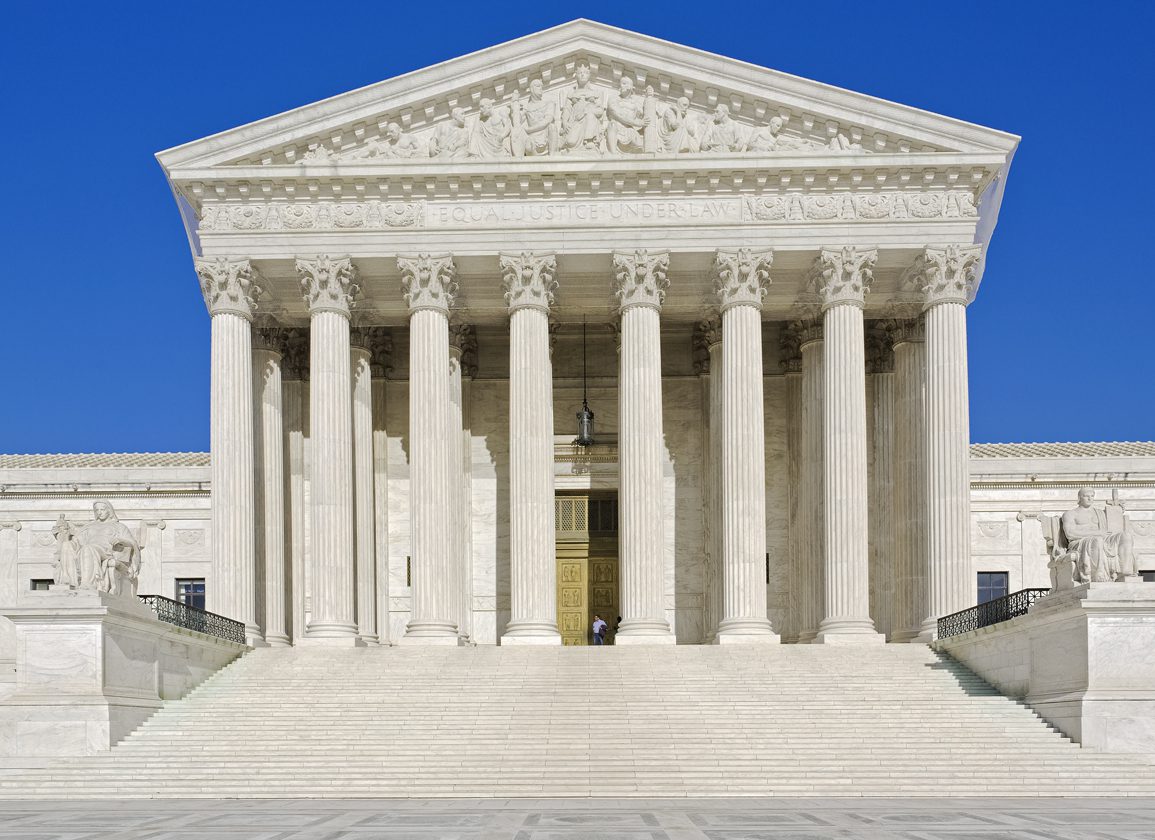By T. D. Thornton
Leroy Gessmann, who served as president of the National Horsemen's Benevolent and Protective Association (HBPA) from 2015 to 2021 and currently works as the Arizona HBPA's executive director, told commissioners at the Arizona Racing Commission (AZRC) meeting Thursday that regardless of the decision gets handed down by the United States Court of Appeals for the Fifth Circuit, both the HBPA and its opponents in a 2 1/2-year-old lawsuit to nullify the Horseracing and Safety Integrity Act (HISA) agree that the nation's highest court will eventually have to be called upon to settle the matter.
Gessmann spoke in the wake of Oct. 4 oral arguments in the Fifth Circuit case that pits the HBPA and 12 of its affiliates against the HISA Authority and the Federal Trade Commission. On May 4, a lower court deemed that the now-in-effect version of HISA is indeed constitutional because a 2022 rewrite of the law fixed constitutionality problems the Fifth Circuit had identified. Shortly after that lower court's ruling came out in the spring, the HBPA plaintiffs then swiftly filed for another appeal back to the Fifth Circuit, which agreed to hear the case on an “expedited” basis.
“Both sides left the [Fifth Circuit] hearing feeling positive that they made good arguments and that they would win,” Gessmann said. “So it's also been stated by both parties, no matter what the result is, the next step is the U.S. Supreme Court. We'll see when we get a ruling. Usually it takes about 30 to 60 days to get a ruling.”
Gessmann then segued into updating the AZRC on a related project spearheaded by the HBPA, which is federal legislation filed Sept. 26 to repeal HISA and replace it with a voluntary interstate compact to govern the nation's Thoroughbred, Standardbred, and Quarter Horse racing.
That bill, named the Racehorse Health and Safety Act (RHSA), would establish a governing body known as the Racehorse Health and Safety Organization (RHSO), which would oversee breed-specific Scientific Medication Control Committees tasked with drafting and recommending drug rules for each breed.
There would also be racetrack safety oversight based on existing standards as set forth by both the National Thoroughbred Racing Association and the model rules of the Association of Racing Commissioners International.
Individual states would decide whether their own racing commission or the RHSO got to enforce the new federal rules, which would supersede existing state statutes. States wouldn't have to opt into the RHSO, but the cost of not doing so would jeopardize their racetracks' ability to simulcast out of state.
“So far, we've got a lot a lot of reviews on it, and it seems to have gained some traction, so hopefully something can be done there,” Gessmann said, adding that the bill has been “well-received and is moving through the process in the legislature in Congress.”
Asked by commissioner Linda York if he had any sense of a timetable for when the bill might make it to the Congressional floor, Gessmann said, “We have not been advised of anything, how quickly it could get there. Unfortunately, the National HBPA doesn't have a very large pack [of lobbyists] to help move things through.”
The RHSA's sponsor is Rep. Clay Higgins, a Louisiana Republican. More than two weeks after its introduction, the bill has not yet been assigned to a committee. It has thus far gained one co-sponsor, Rep. Doug Lamborn, a Colorado Republican.
Not a subscriber? Click here to sign up for the daily PDF or alerts.






